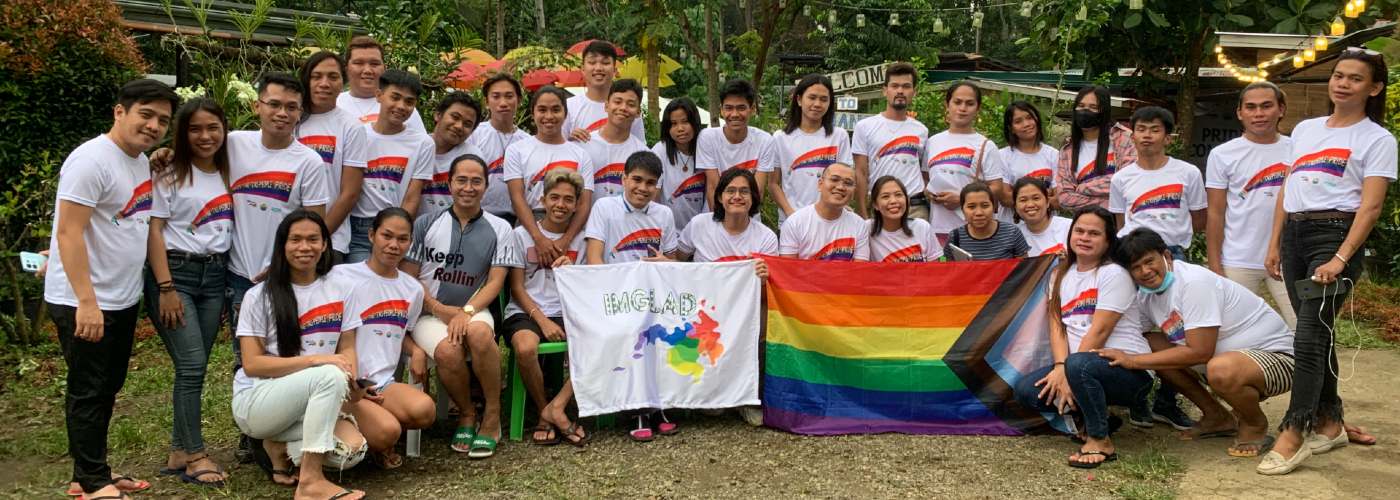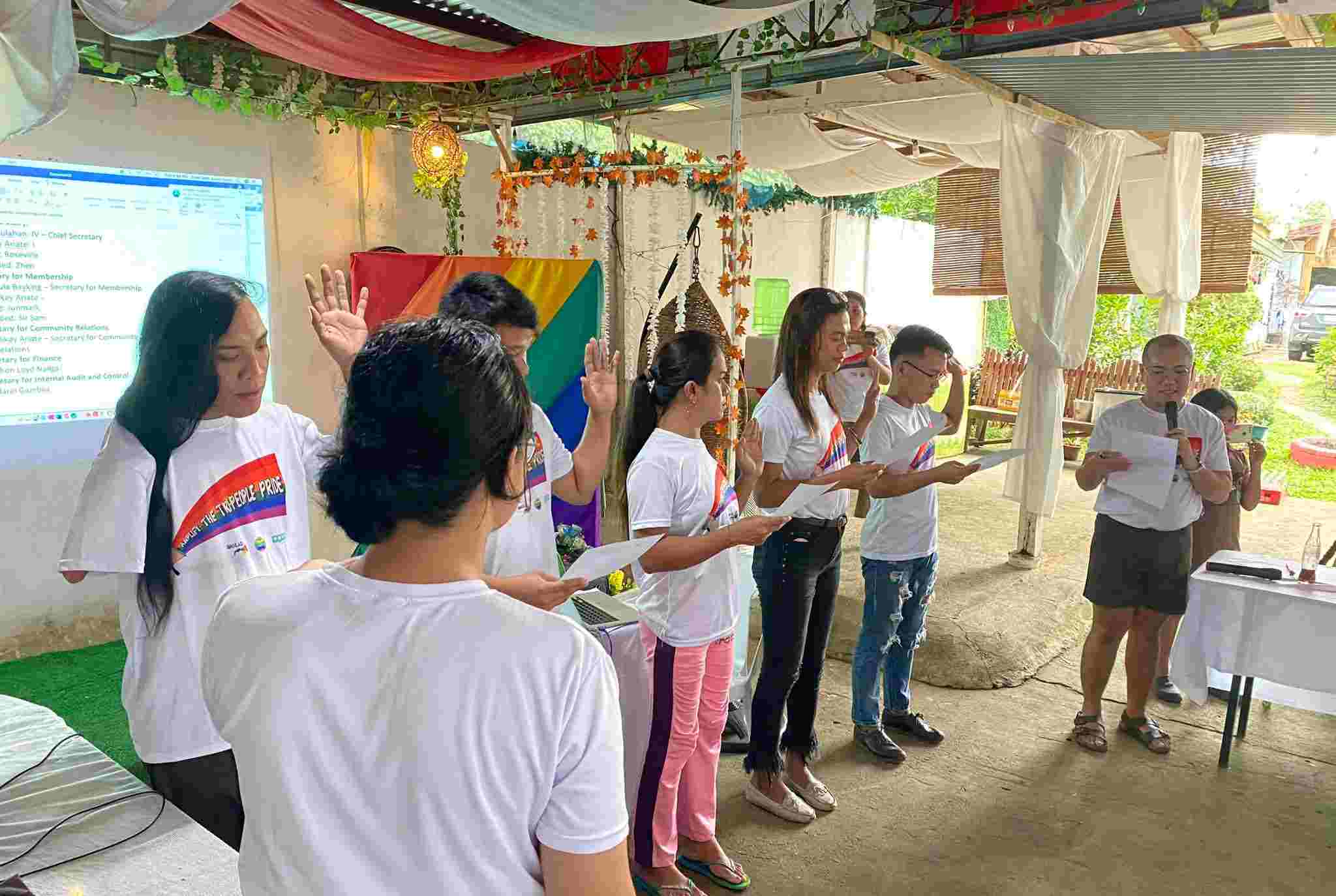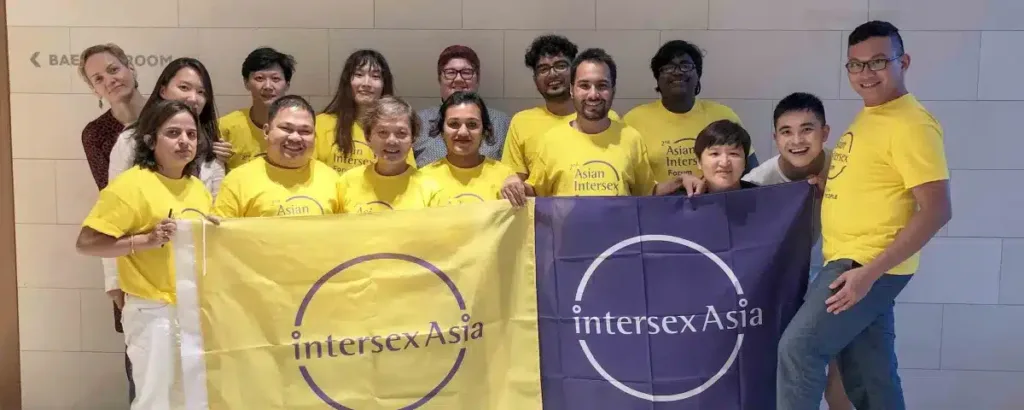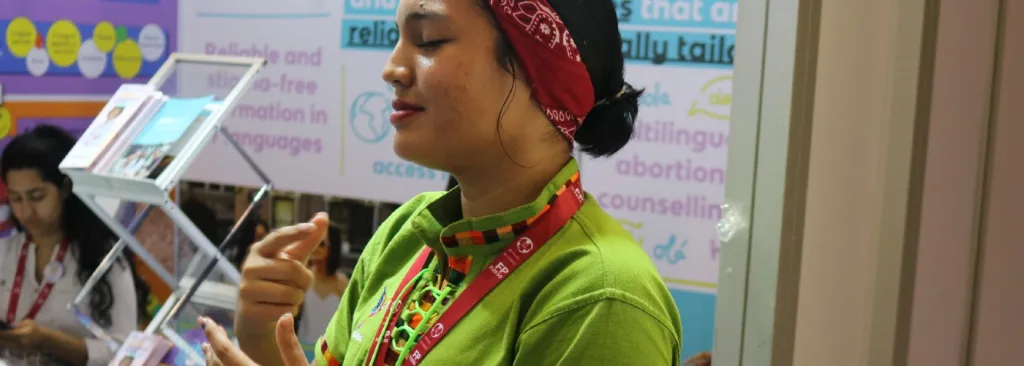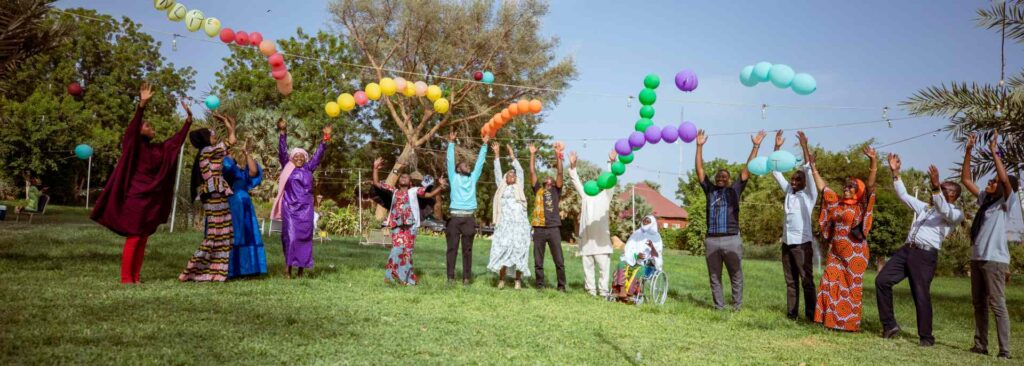In Mindanao, the southernmost island of the Philippines, violence against the LGBTIQ+ community is rampant. Queer people hardly dare come out of the closet for fear for their lives. Activist RJ Neyra has been working with IMGLAD for years to improve this situation. “With Hivos’ support, we’ve made great strides towards becoming a professional and formally recognized organization.”
Mindanao has many conservative Muslim communities that refuse to accept queer people. “One of our members is a lesbian Muslim woman,” says RJ. “Her parents accept her, but she can’t come out to other family members for fear of honor killings. Her life would be at stake.”
Last February, the LGBTIQ+ community was shocked by a gruesome murder in the province of Maguindanao Del Norte. “At a festival, three queers were chased by a group of motorcyclists. One of them was shot dead, the other two were severely traumatized. The media paid little attention to it, probably because the perpetrators belong to an influential family. The victim’s relatives don’t dare report the crime either. They’re afraid that the killers will take revenge,” says RJ.
Professional organization
IMGLAD has been committed to building a safe and just society for queer people in Mindanao for 15 years. “Our project with the Voice program aims at professionalizing our organization,” says RJ. “Now we have professional local chapters in different regions. This gives our members there a safe place where they can go with their problems and be listened to. IMGLAD also improves the organizational skills of members in leadership positions. “We train them in public speaking and leadership, among other things.”
One of the highlights of the project is the Pride Congress. “During this event, we drew up our articles of association containing our principles, procedures and work guidelines. They state clearly what we stand for, how we work and who is responsible for what. This way we can strengthen our organization. We have also created a strategic plan and an agenda that includes all local chapters and ensures cohesion in our activities,” RJ explains.
Recognition and policy advocacy
In addition, IMGLAD is well on its way to becoming a formally recognized organization. “Recognition protects our organization, because in the Philippines many non-formal organizations are blacklisted as terrorist organizations, whether it’s true or not. Recognition also makes it easier for us to qualify for financing and partnerships with local government organizations.”
IMGLAD is now recognized by various government institutions, such as the Local Youth Development Council. “This lets us exert more influence on their LGBTIQ+ policy. We are now trying to get recognized by other institutions, like the local health council, so we can better represent the interests of our members with HIV, for example.”
Greater awareness among members
According to RJ, most queer people in Mindanao are not aware of their rights or how to deal with the problems they face. Especially in areas that are beyond the reach of LGBTIQ+ organizations and networks. “That’s why we do awareness training,” RJ tells us. “Fortunately, we’re not alone in this. Thanks to the project with Hivos, our network has grown enormously. We now have good relationships with other LGBTIQ+ organizations, including outside Mindanao.”
Freer and safer
RJ stresses that IMGLAD has many plans for the future. “The project will continue for another year, during which we’re aiming to achieve important results. For example, we’re going to train members in holding leadership positions and influencing policy. We’re also committed to women’s rights, so we can improve the situation of lesbian, bisexual and trans women. I hope that Mindanao will eventually become freer and safer for queer people with more spaces where they can be themselves.”
About Voice
Voice is an innovative grant facility executed by a consortium between Oxfam Novib and Hivos. It supports rightsholders and groups facing marginalization or discrimination in their efforts to express their views and demand their right to responsive and inclusive societies. Specifically: people with disability; LGBTIQ+ people; women facing exploitation, abuse or violence; vulnerable elderly and the youth; Indigenous people, and ethnic minorities.

